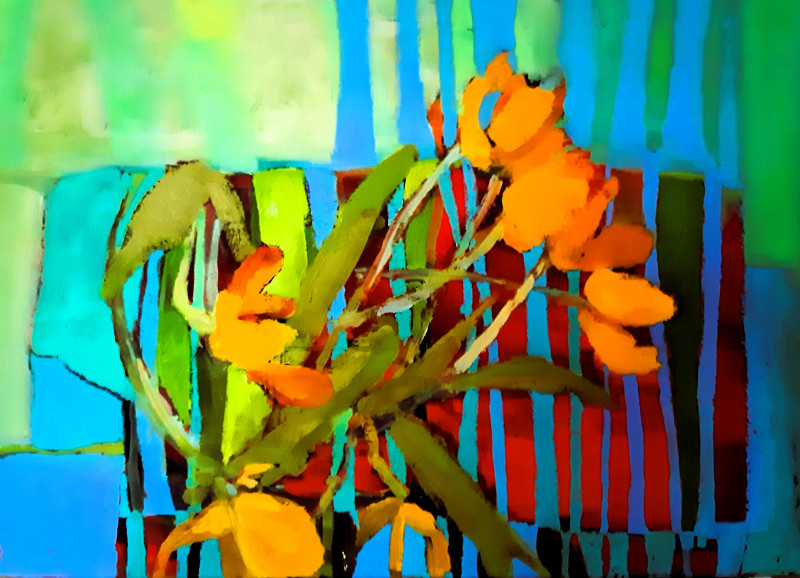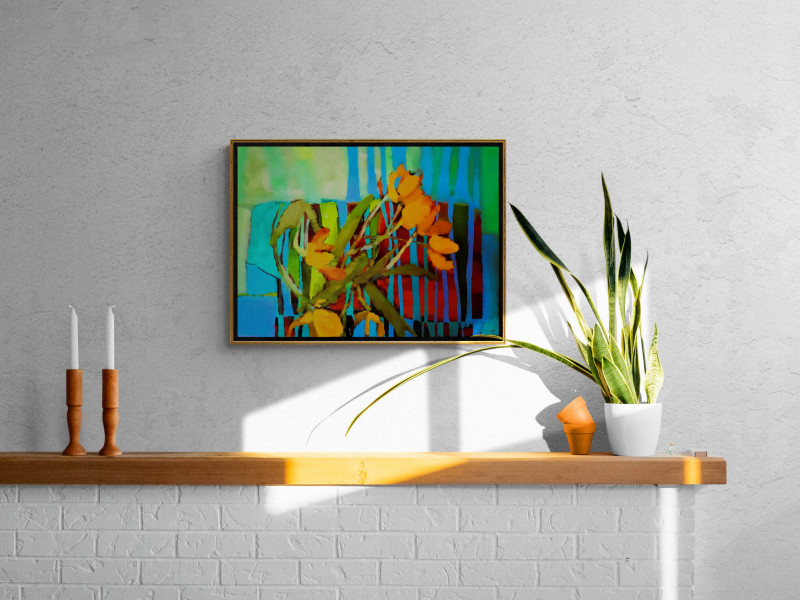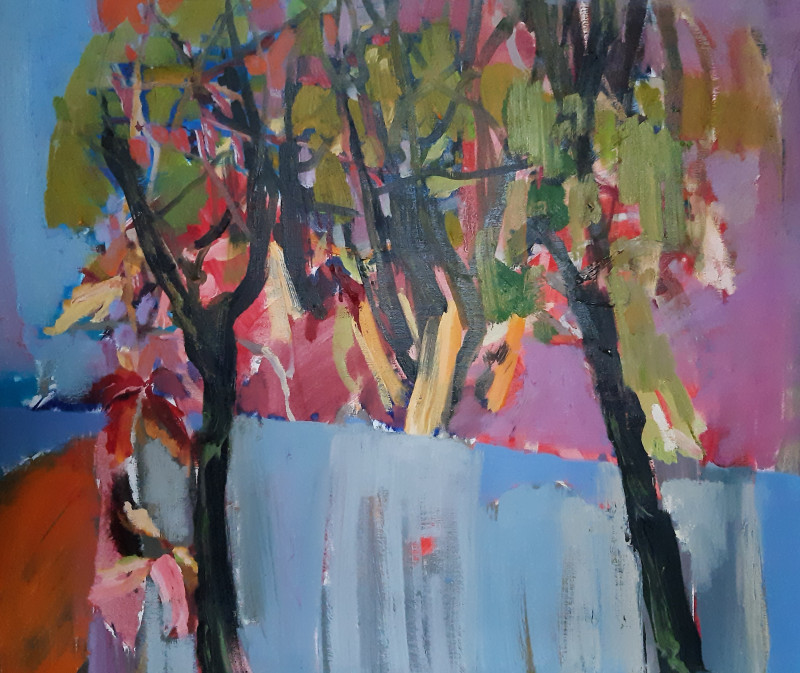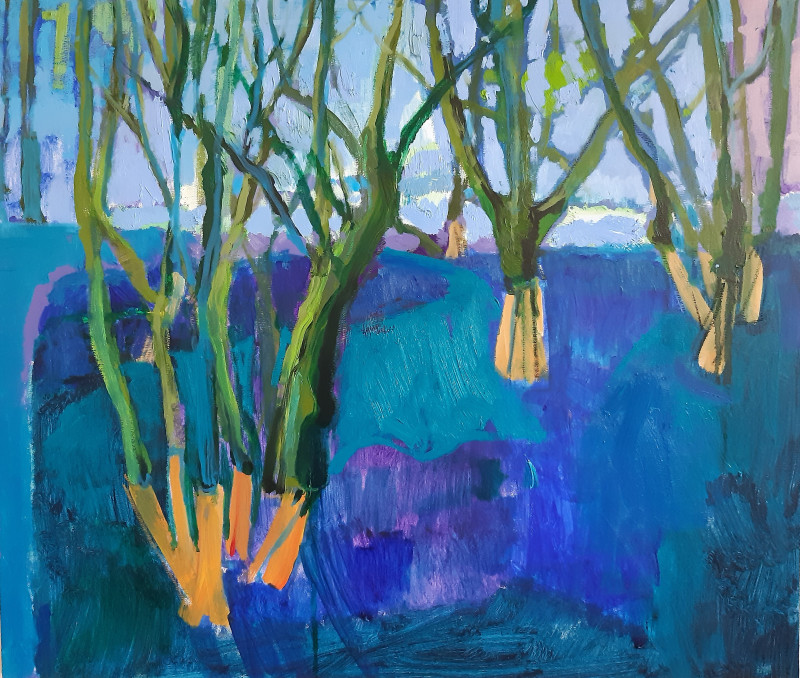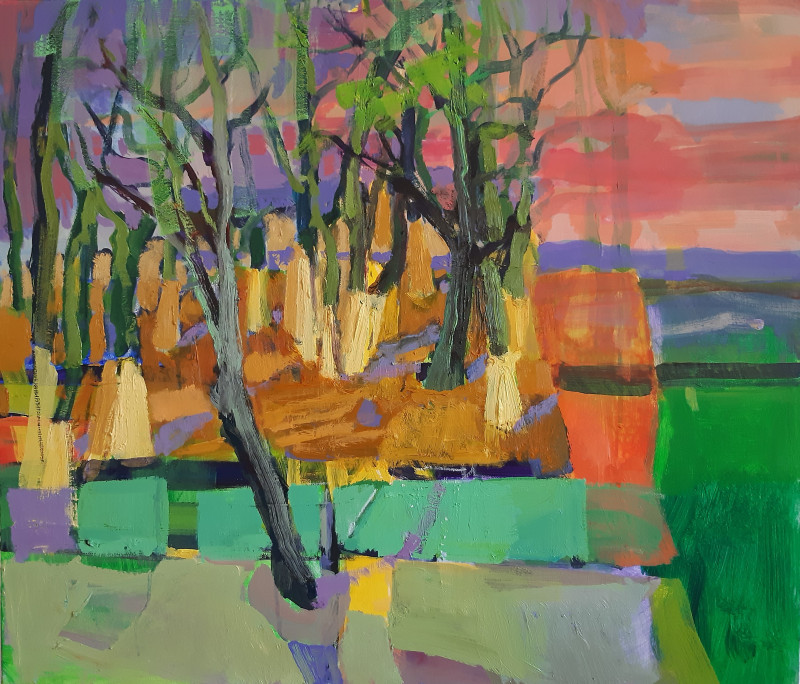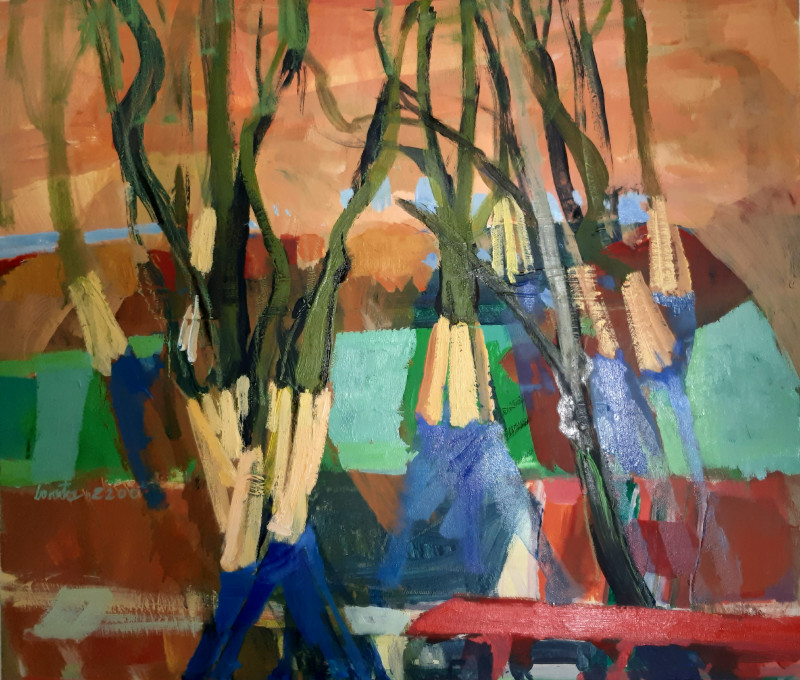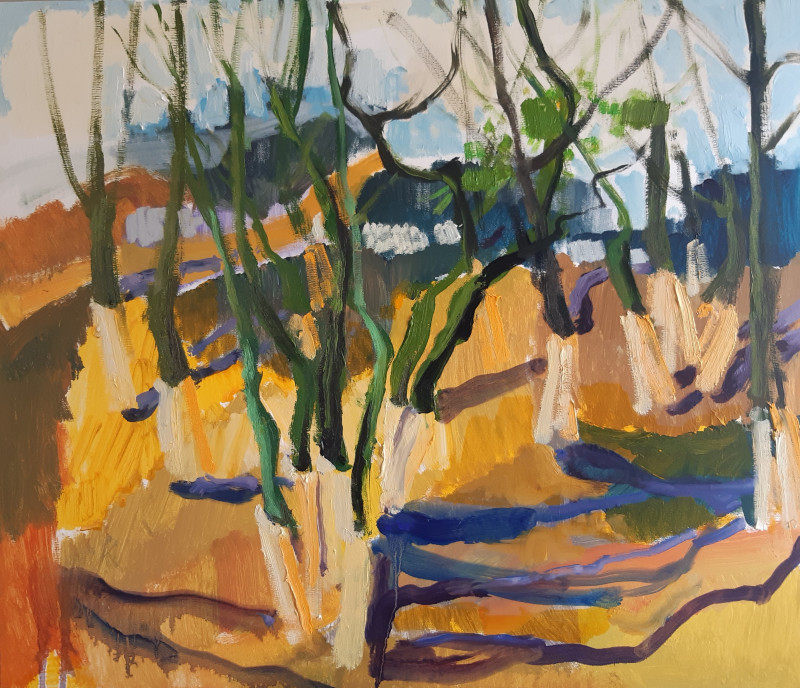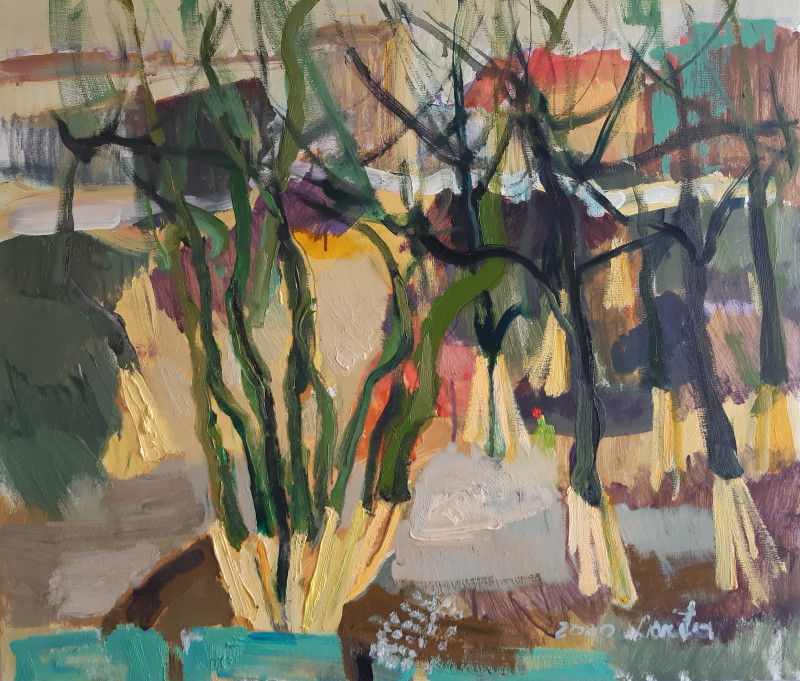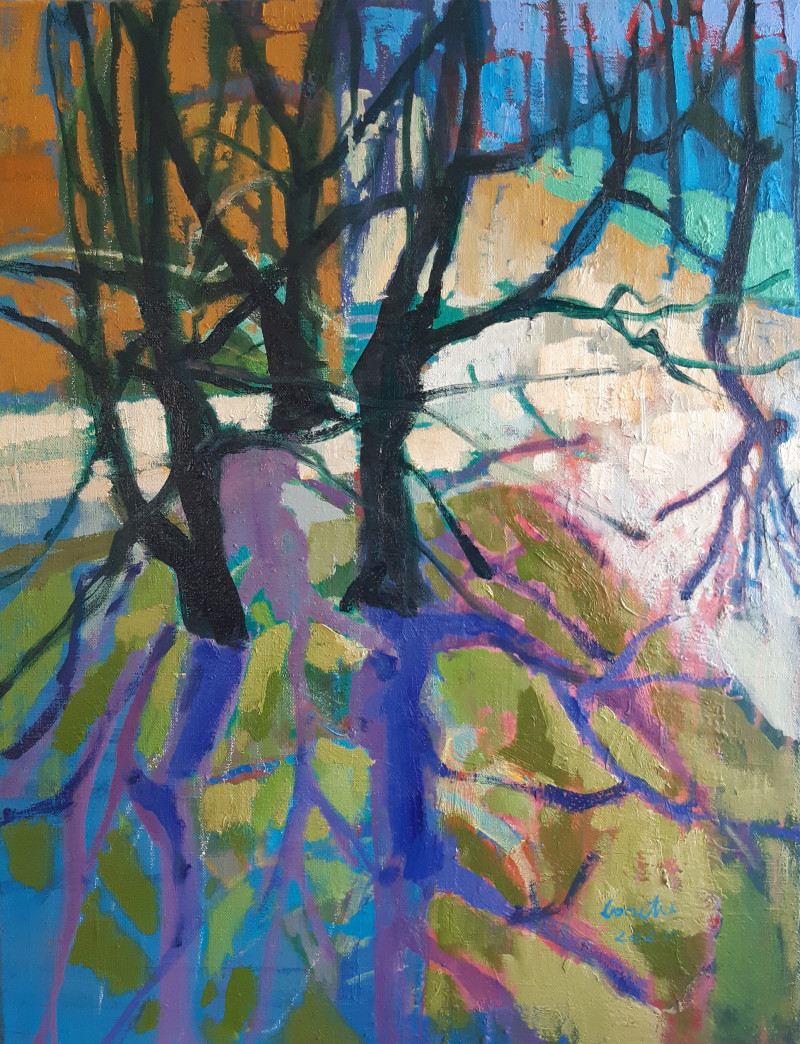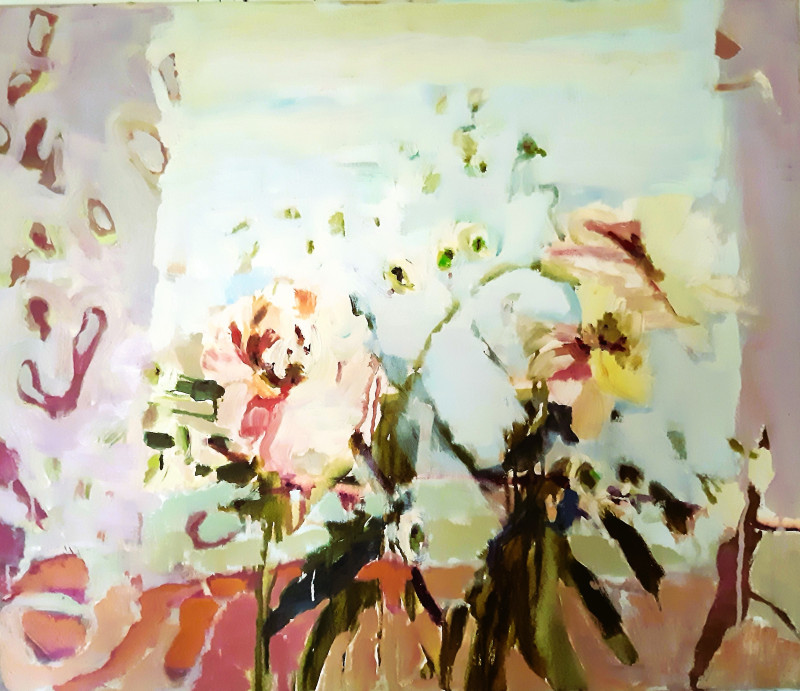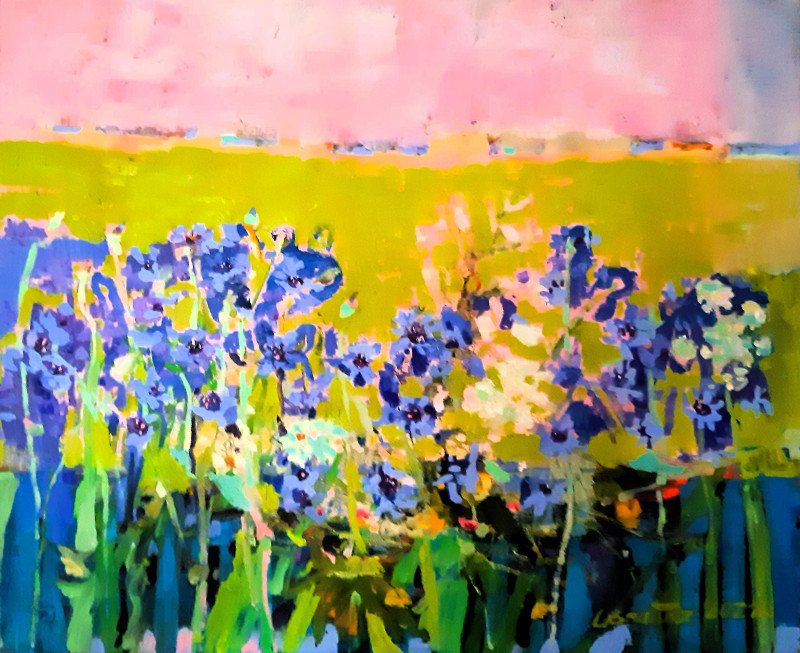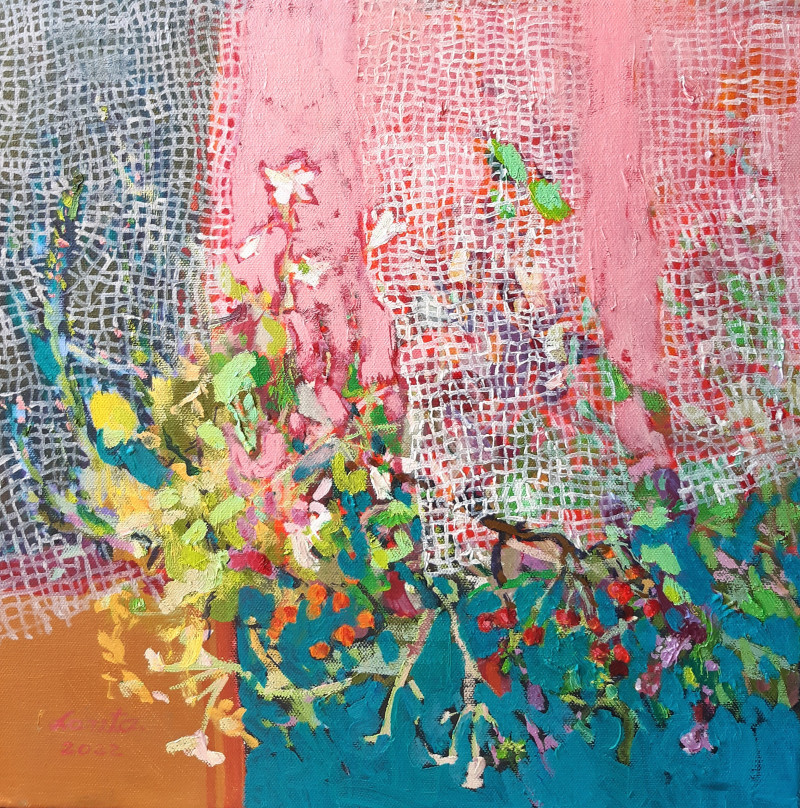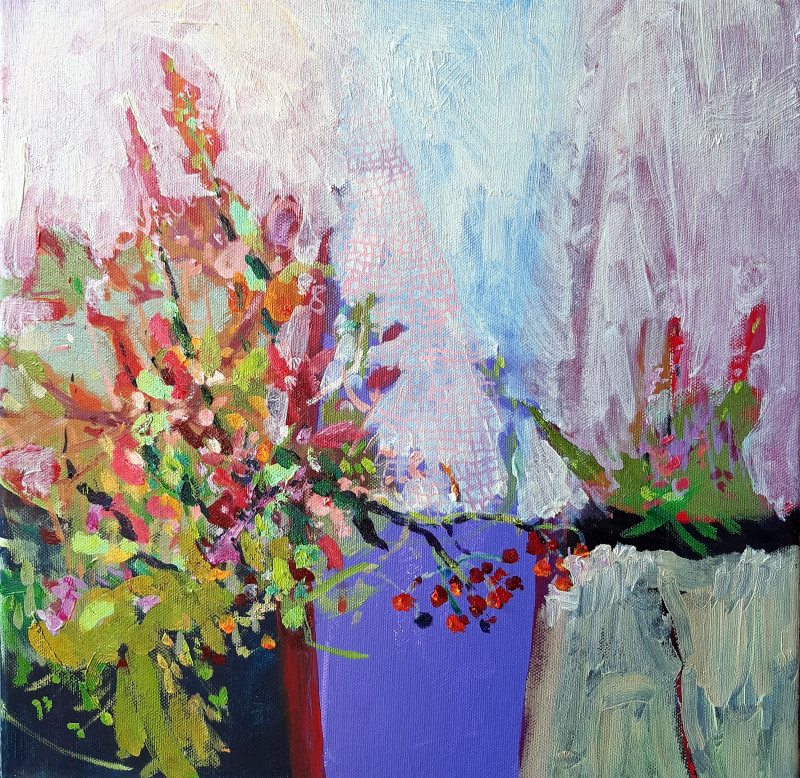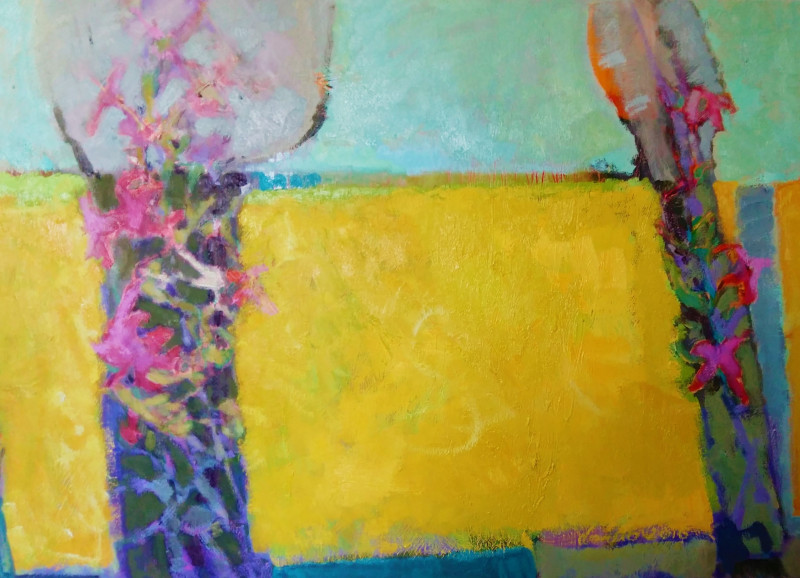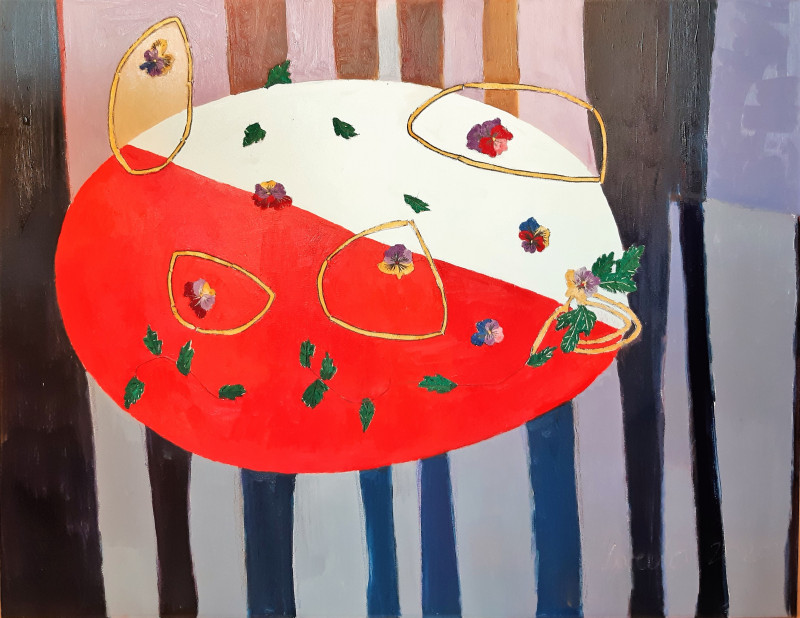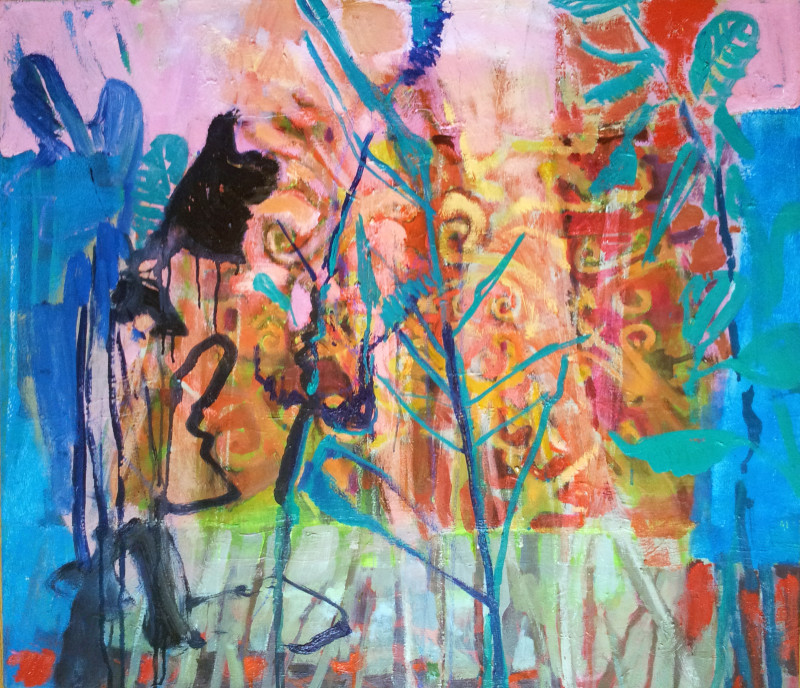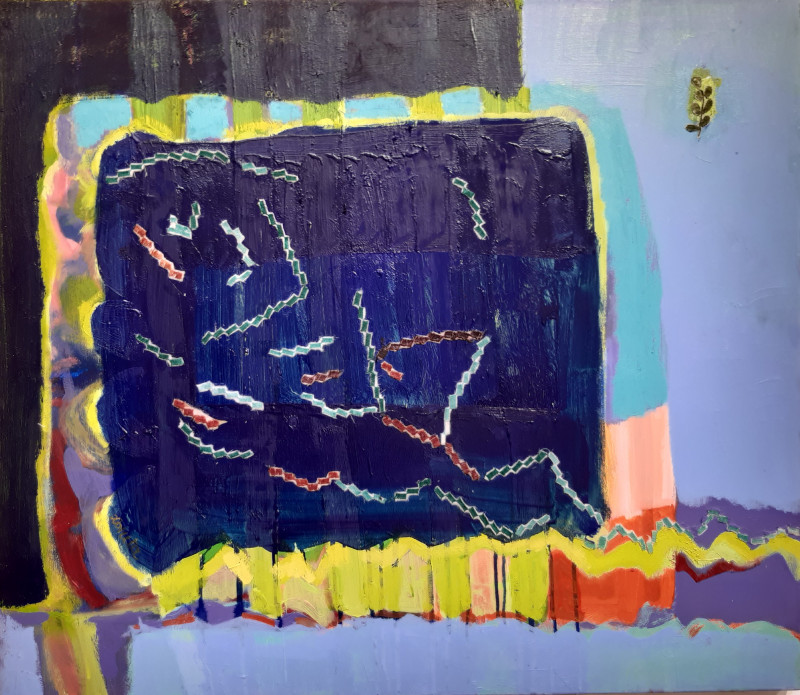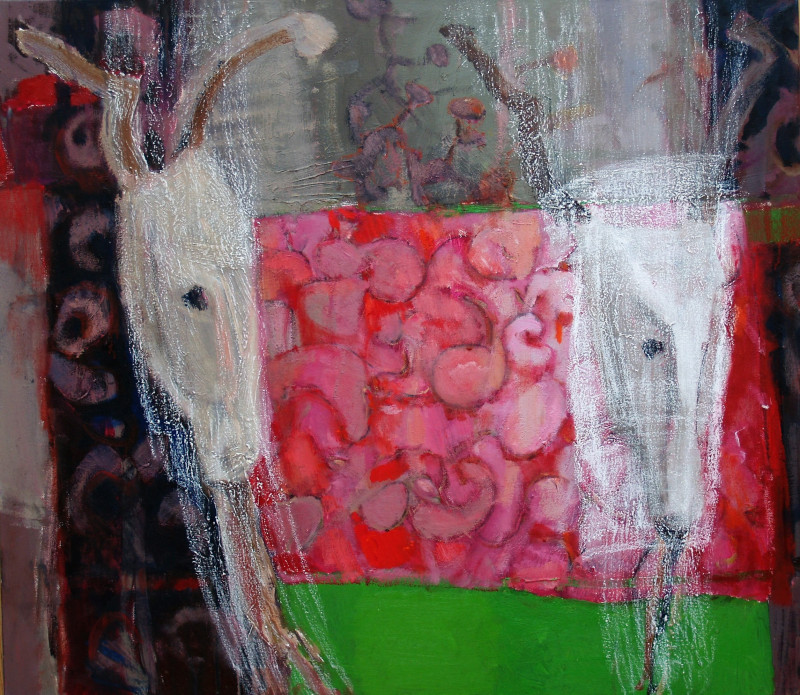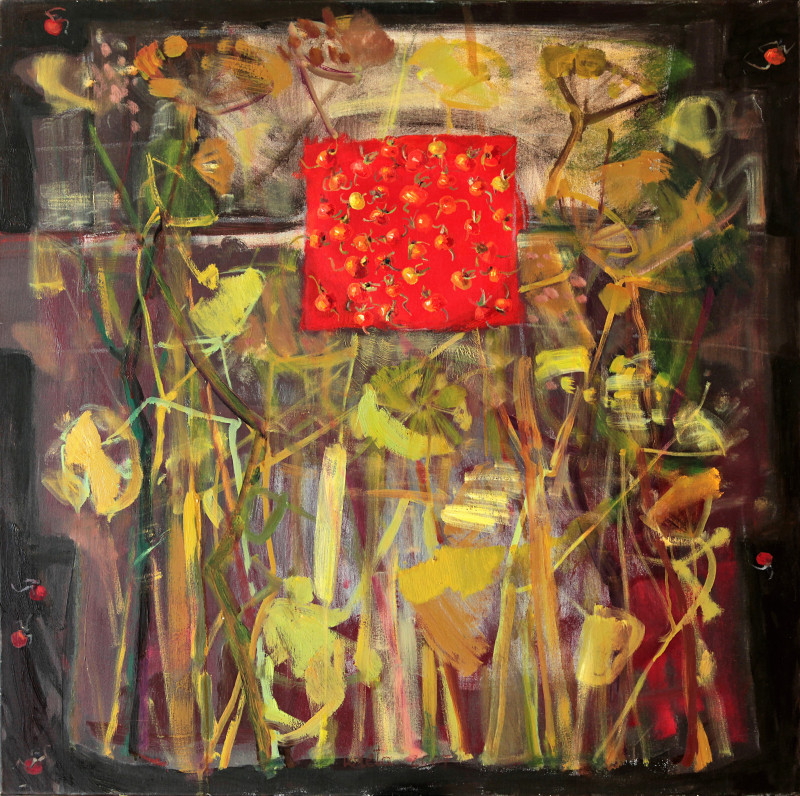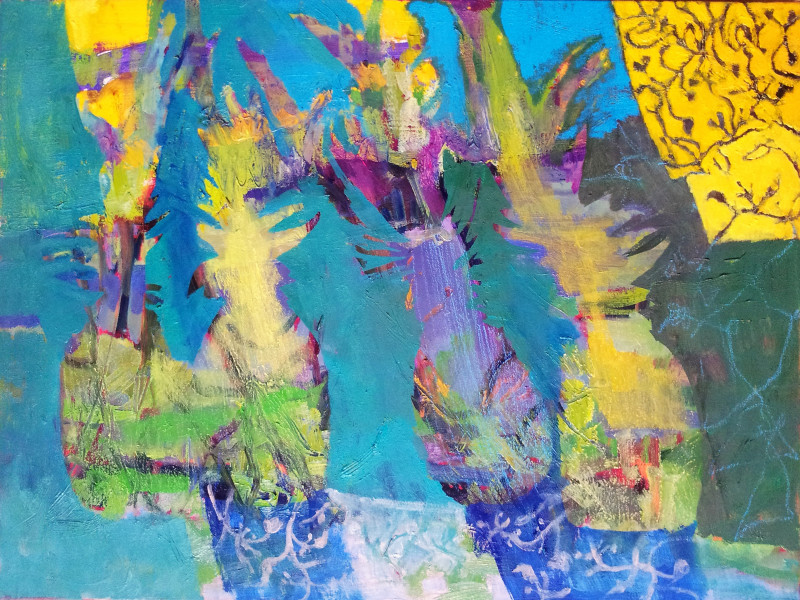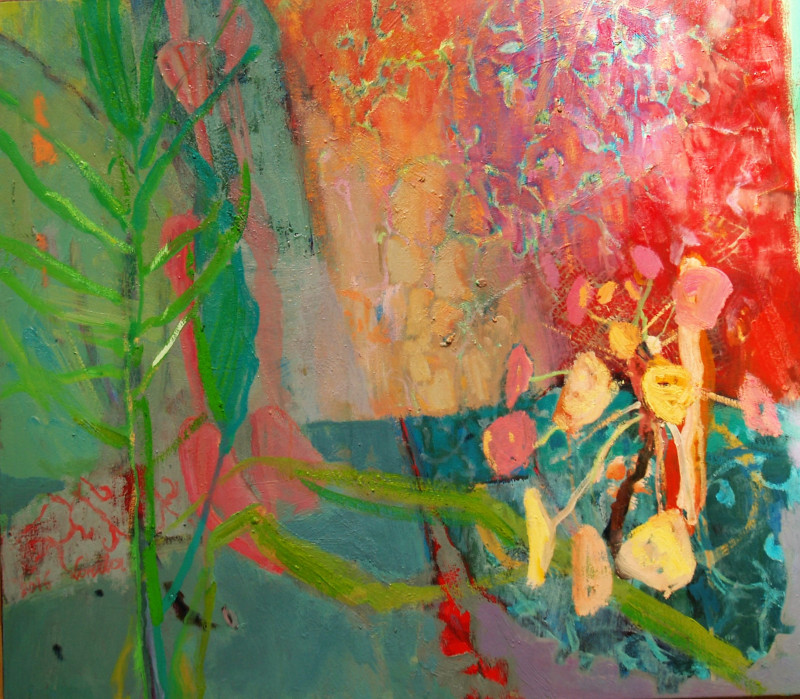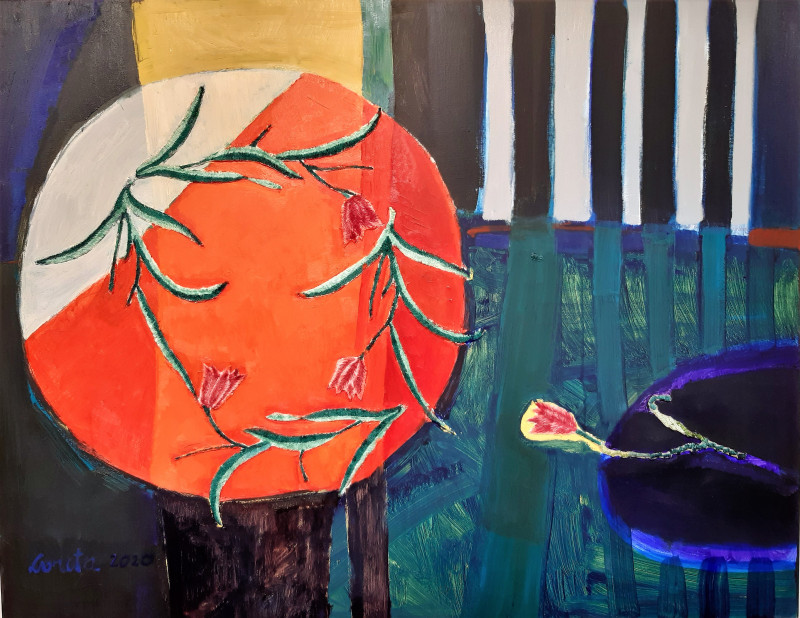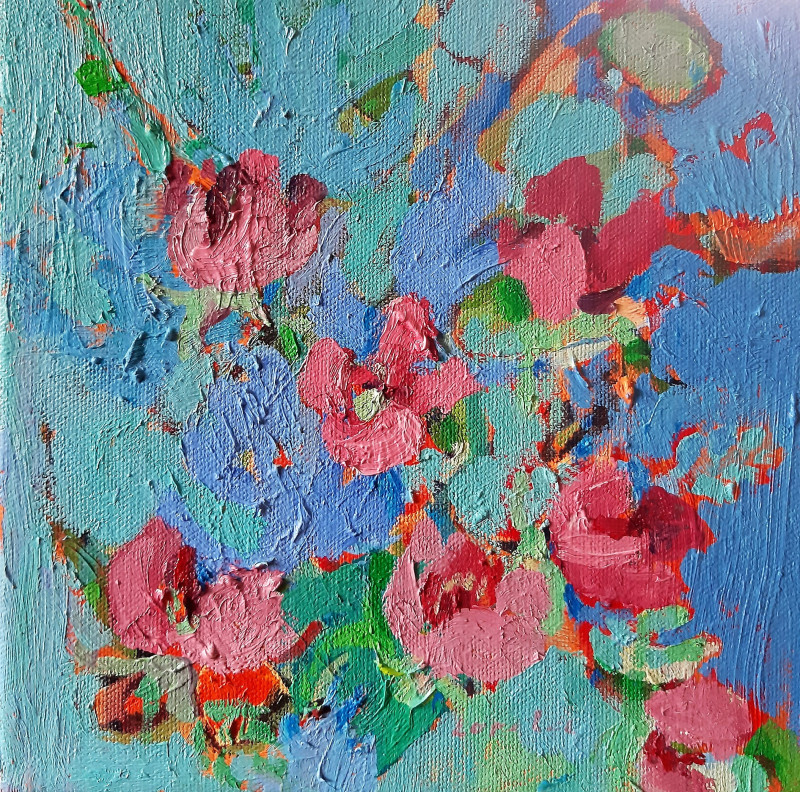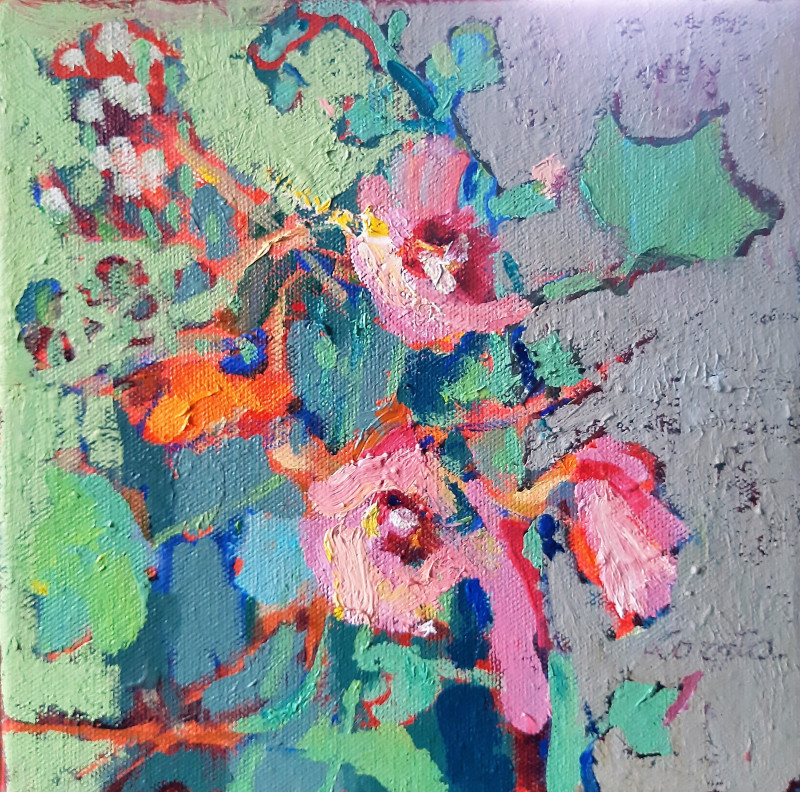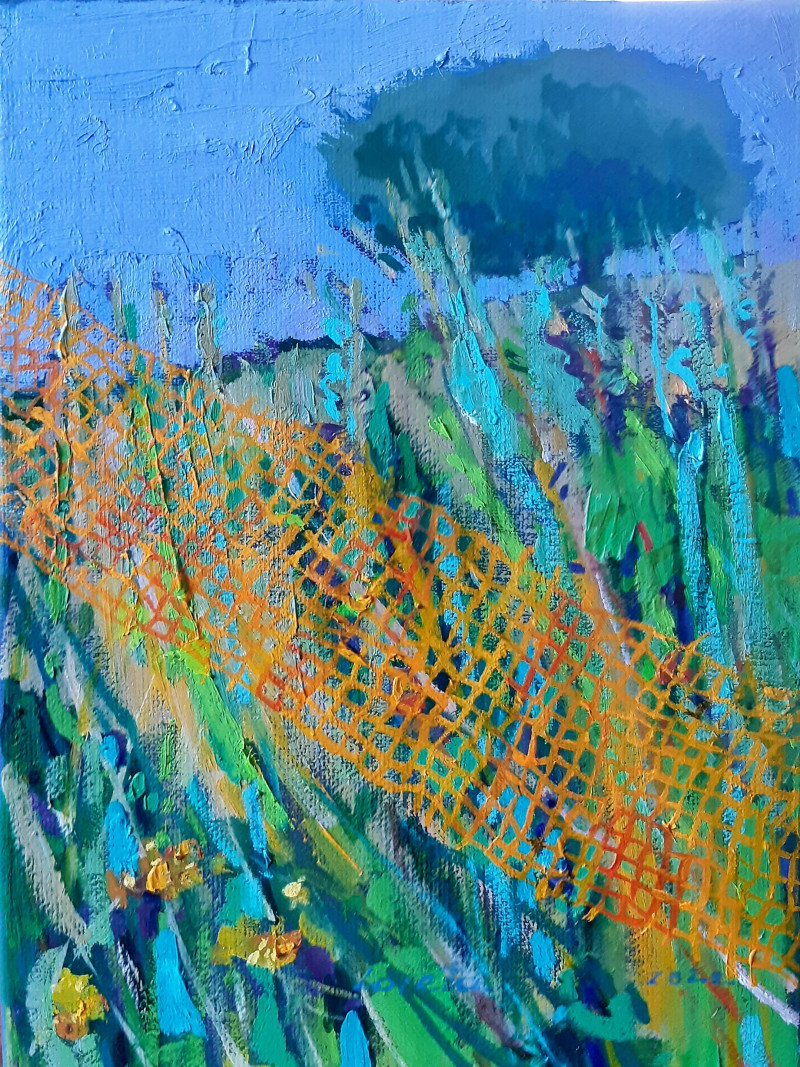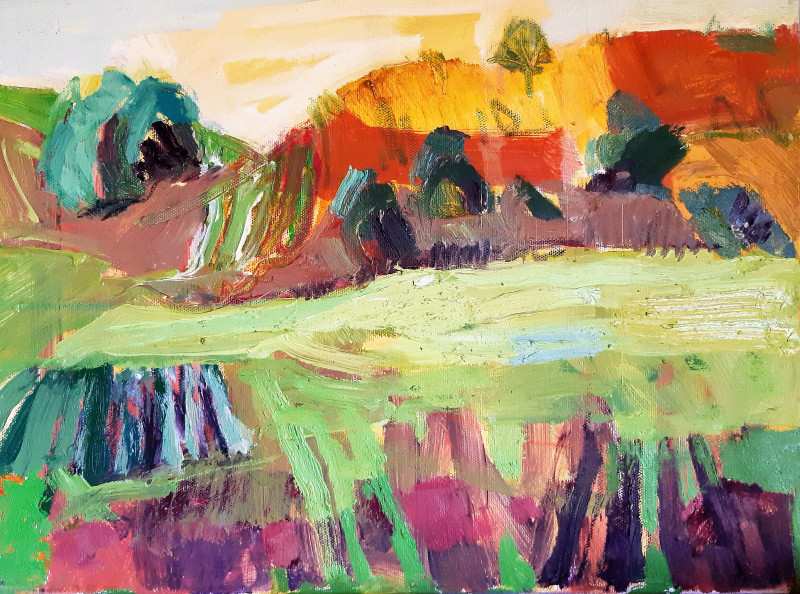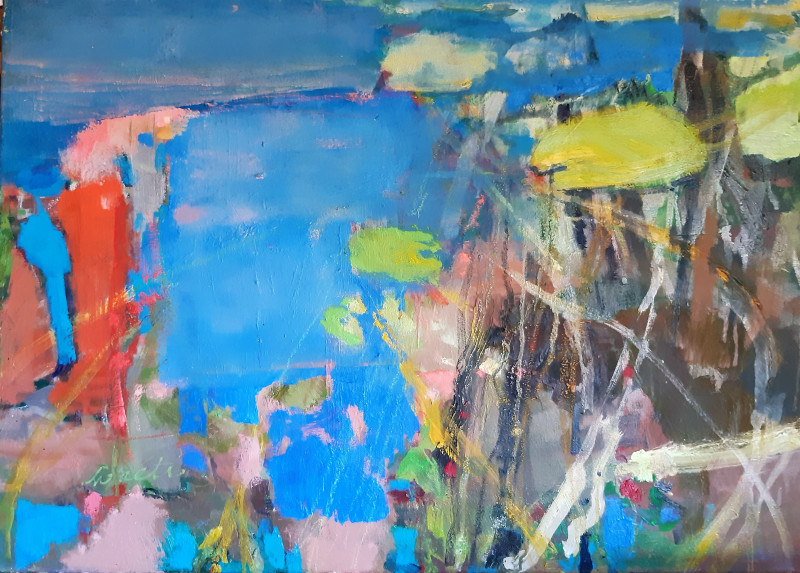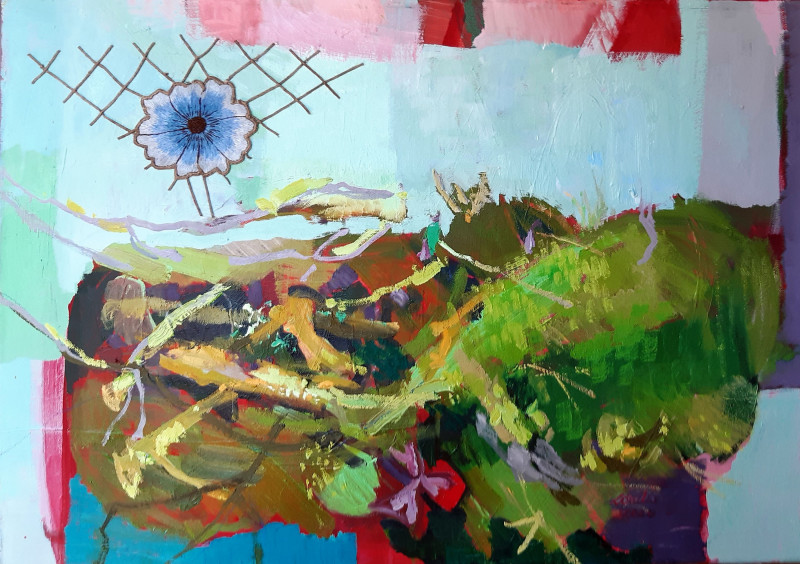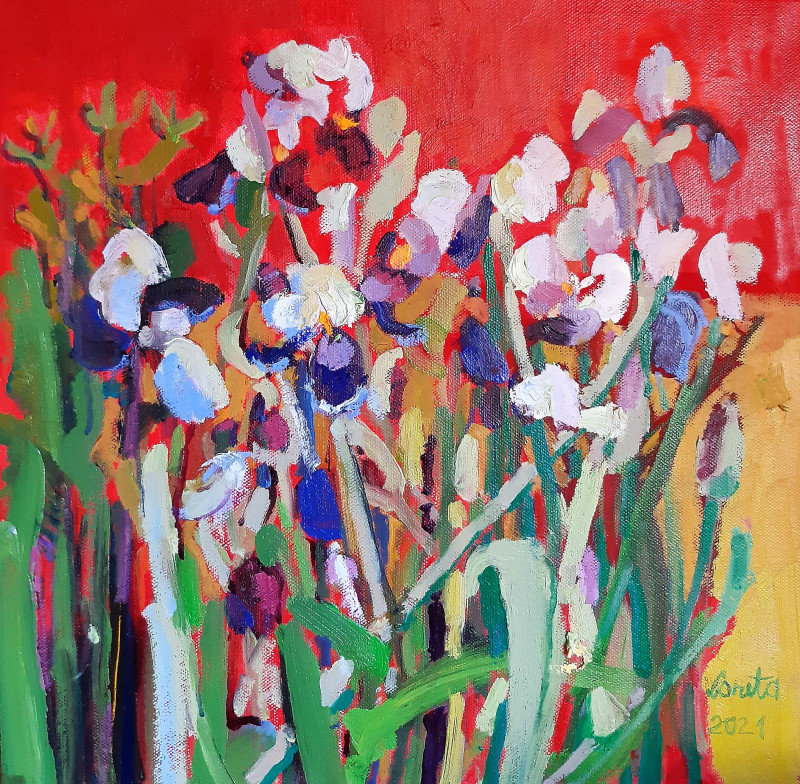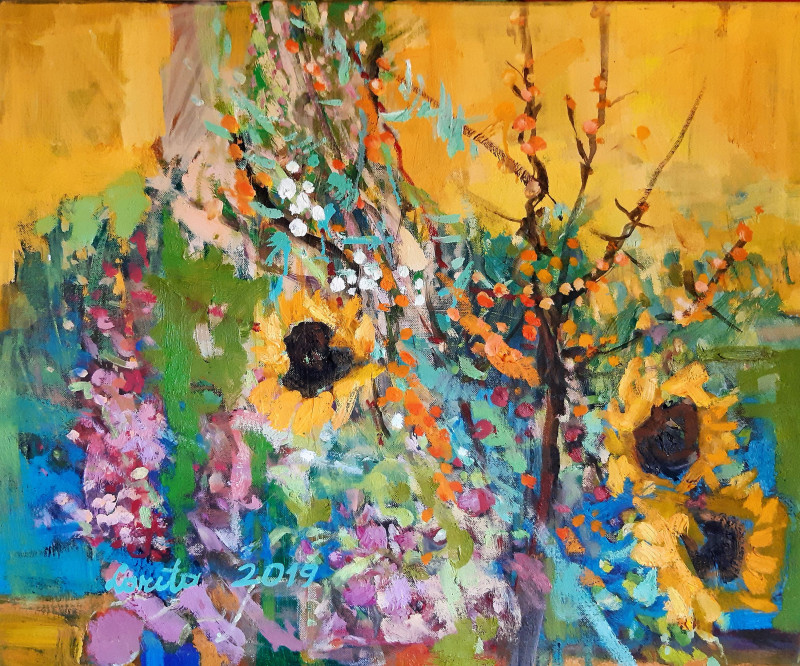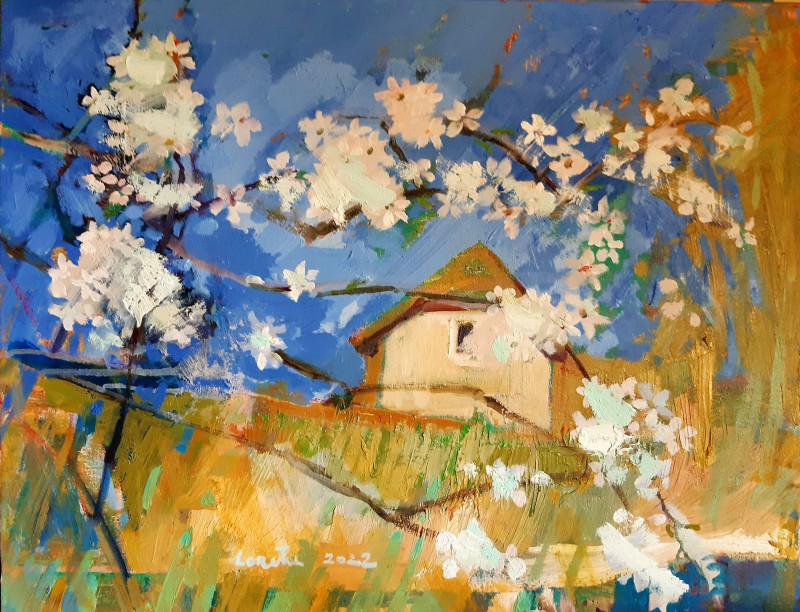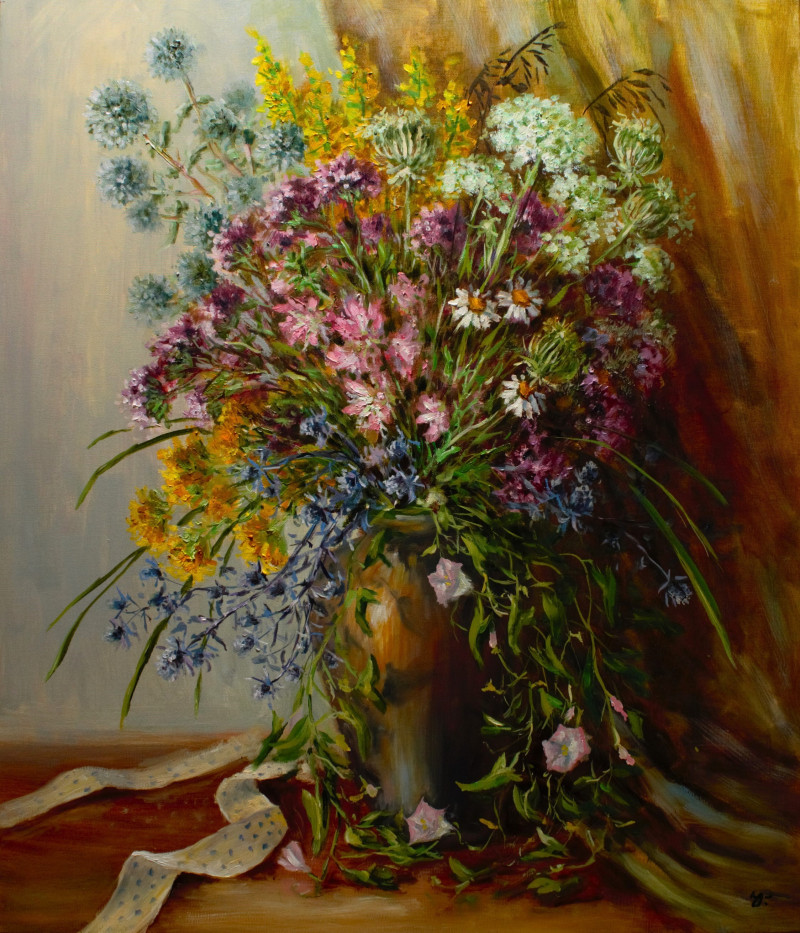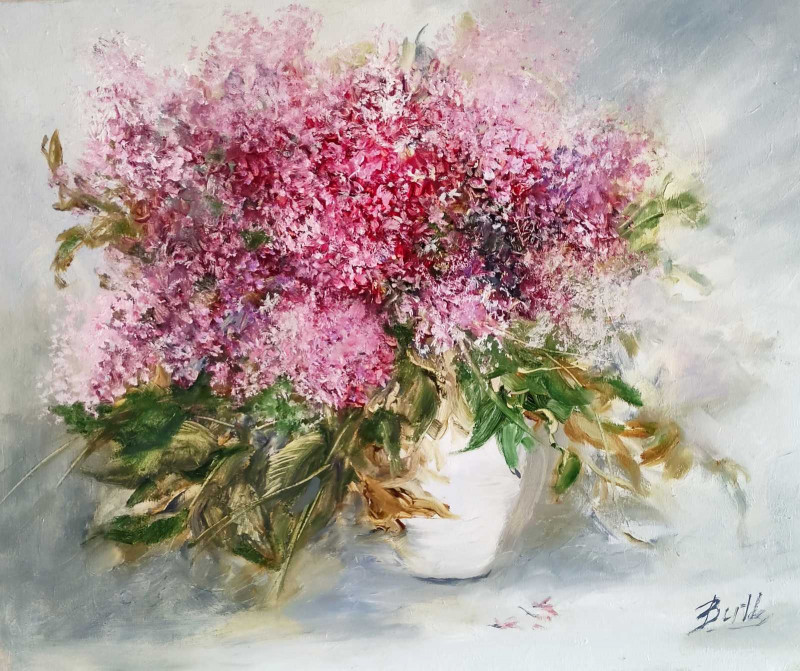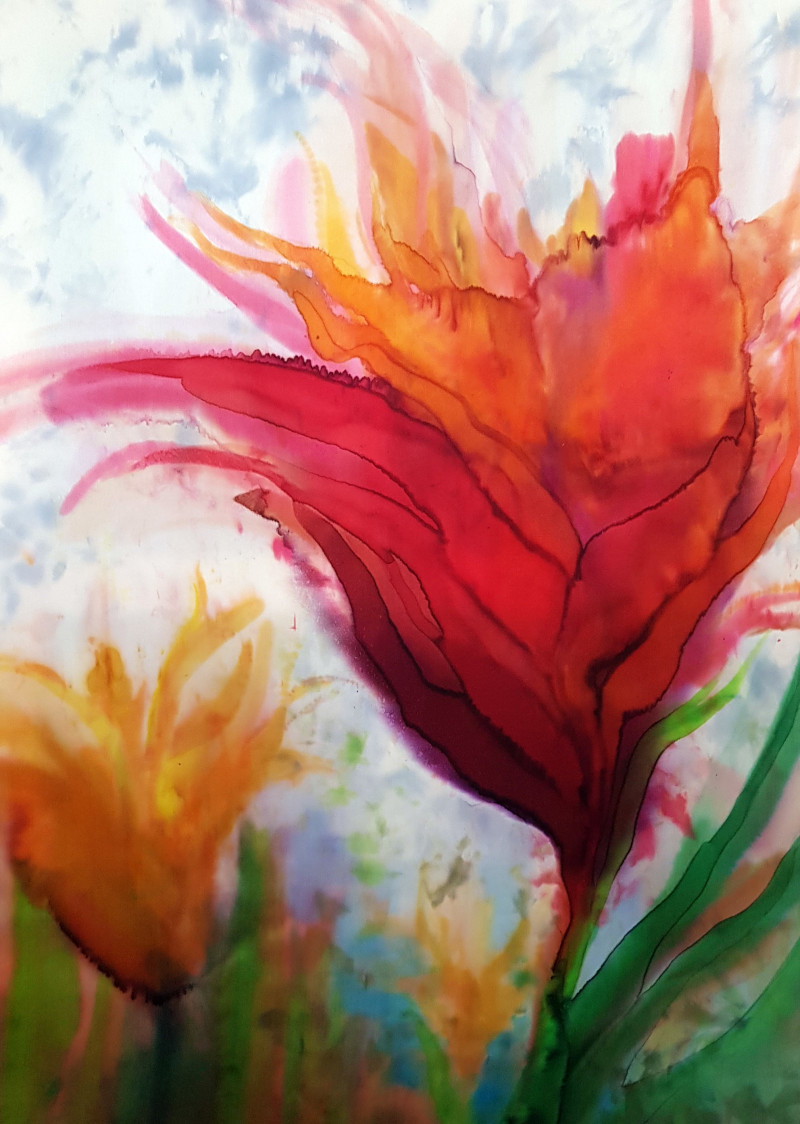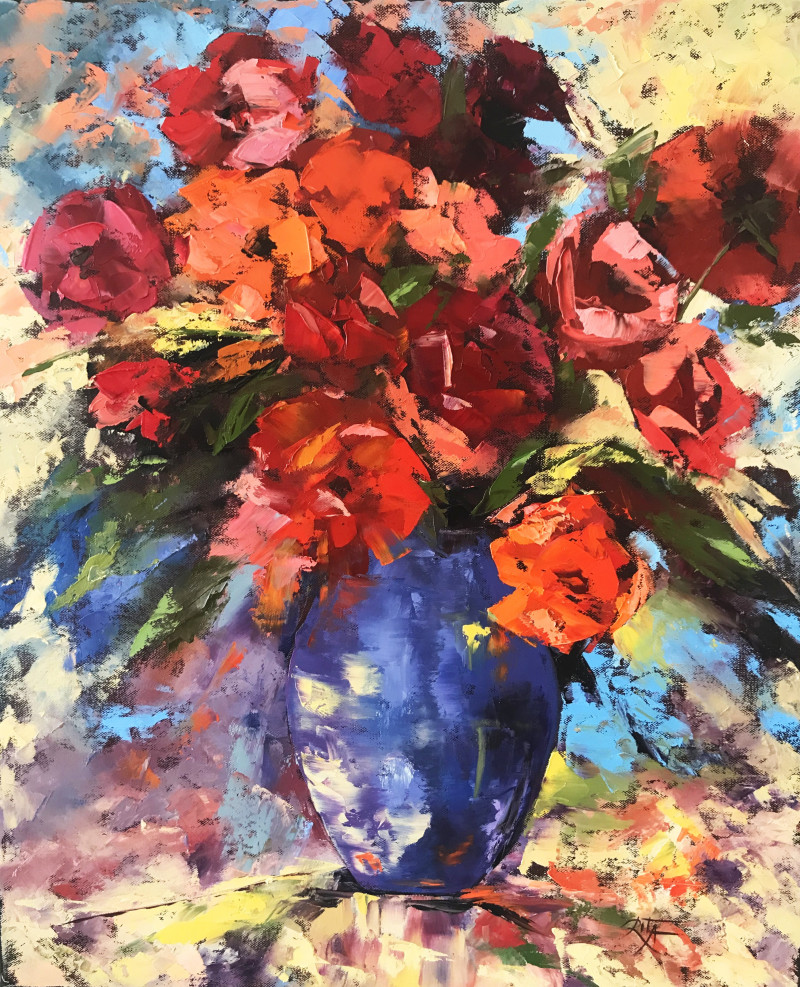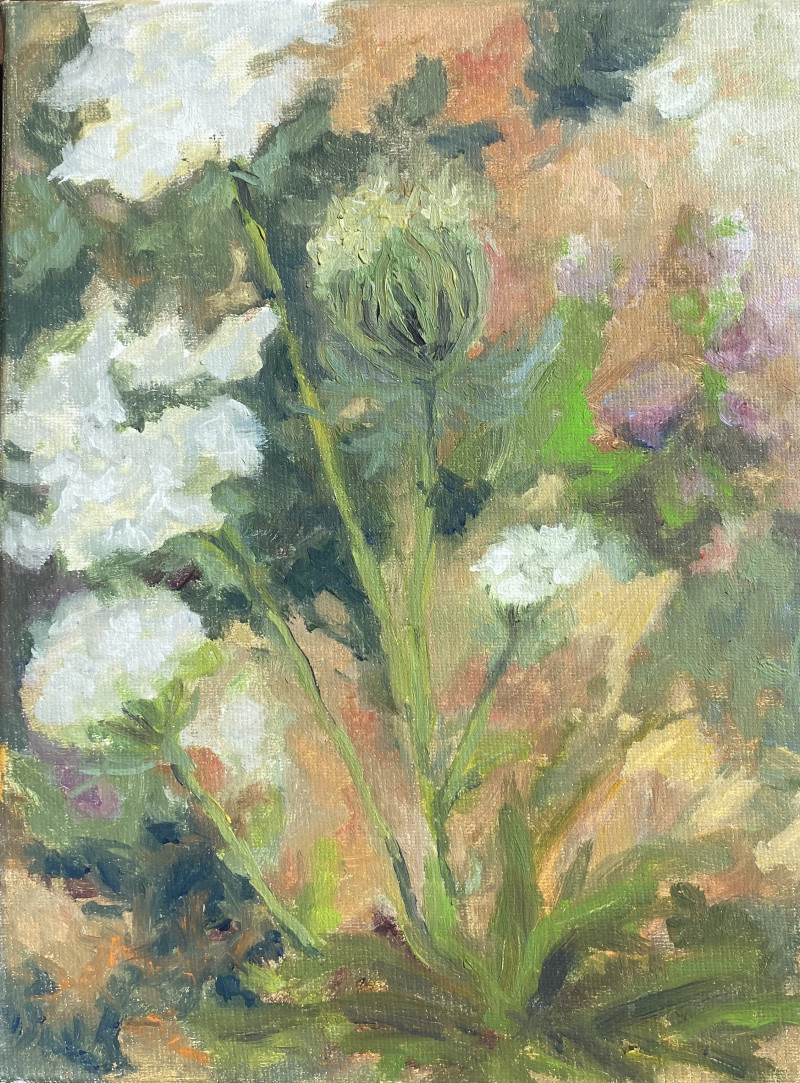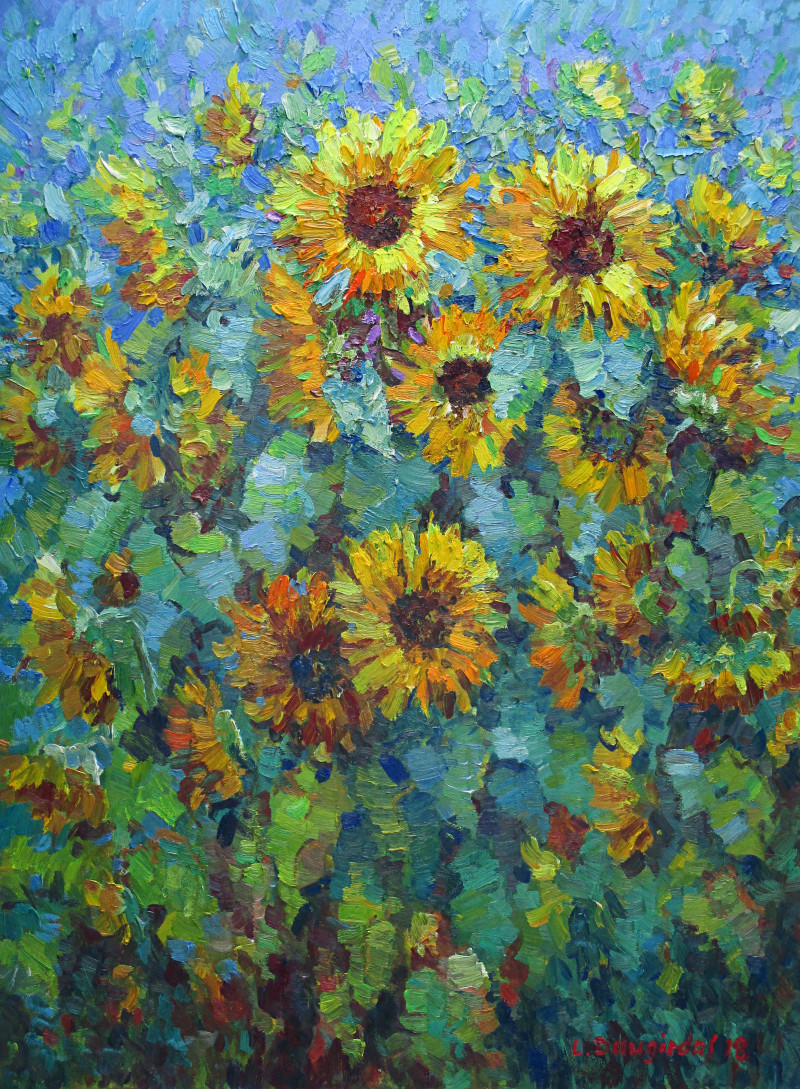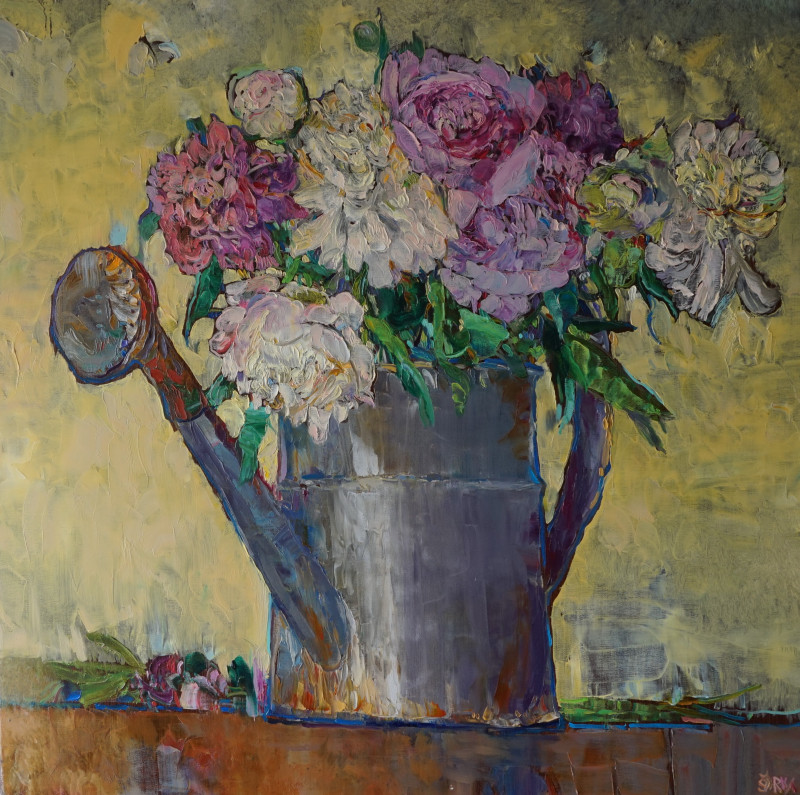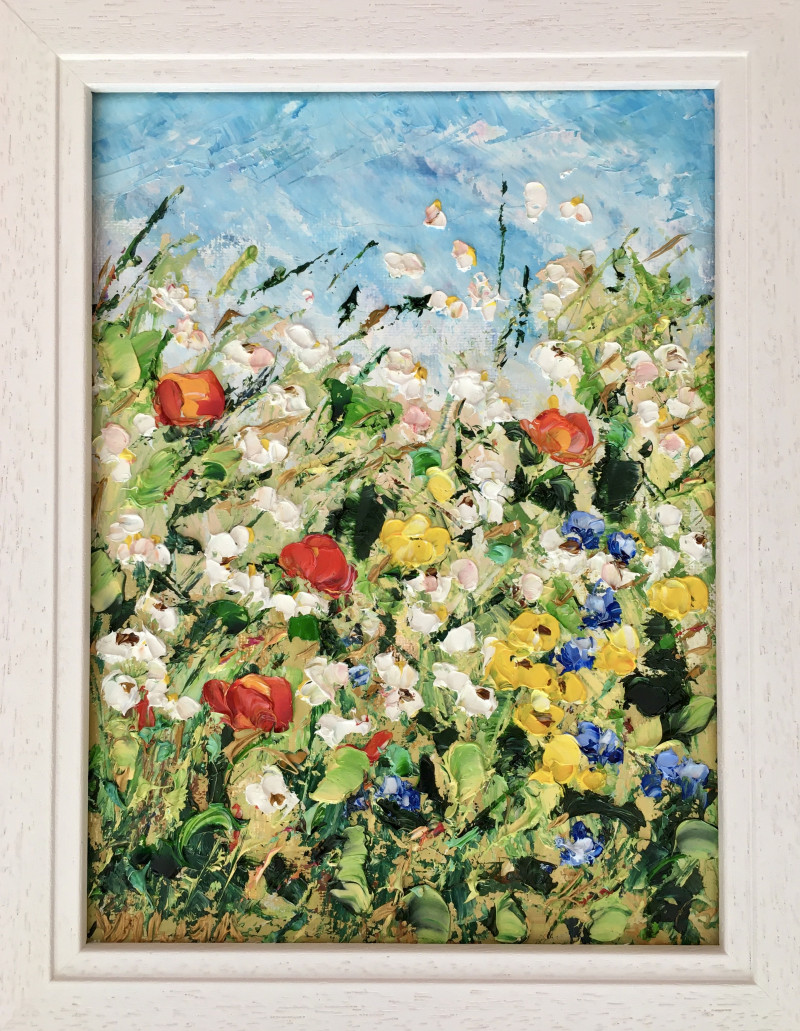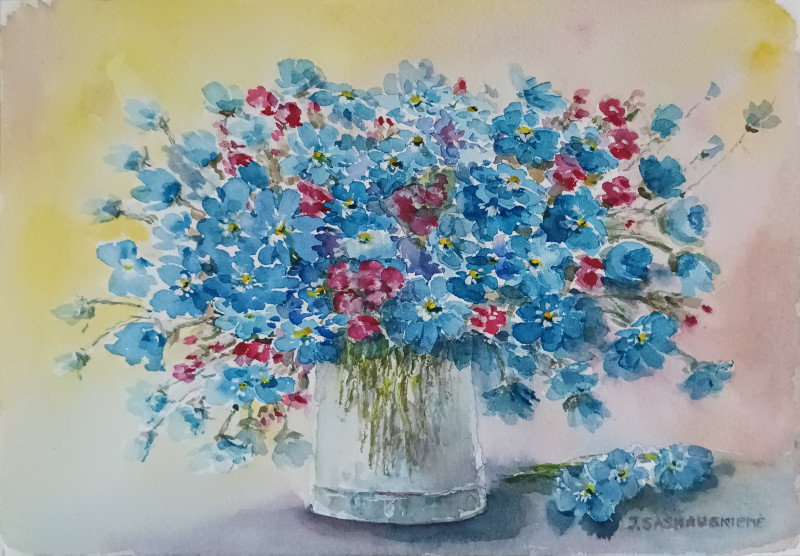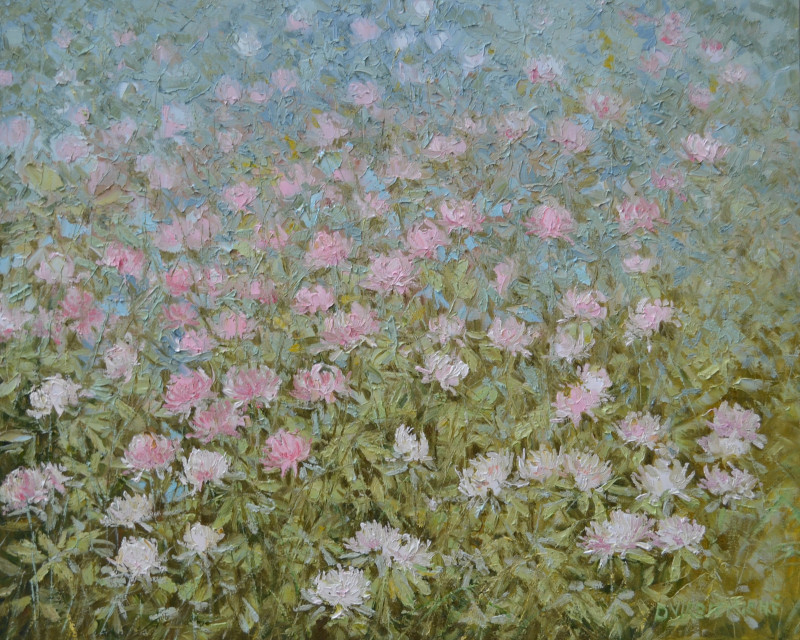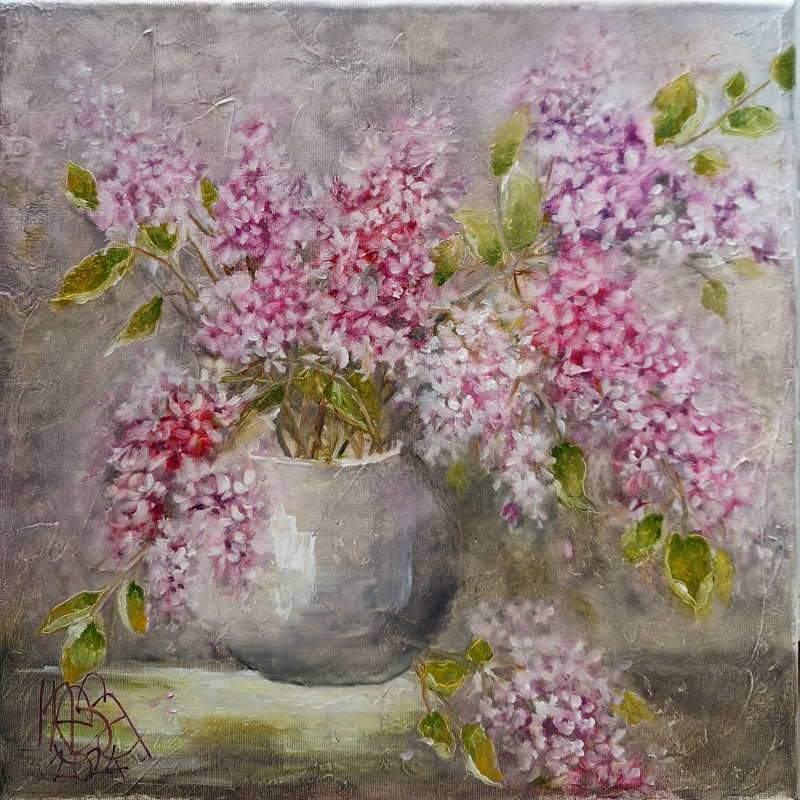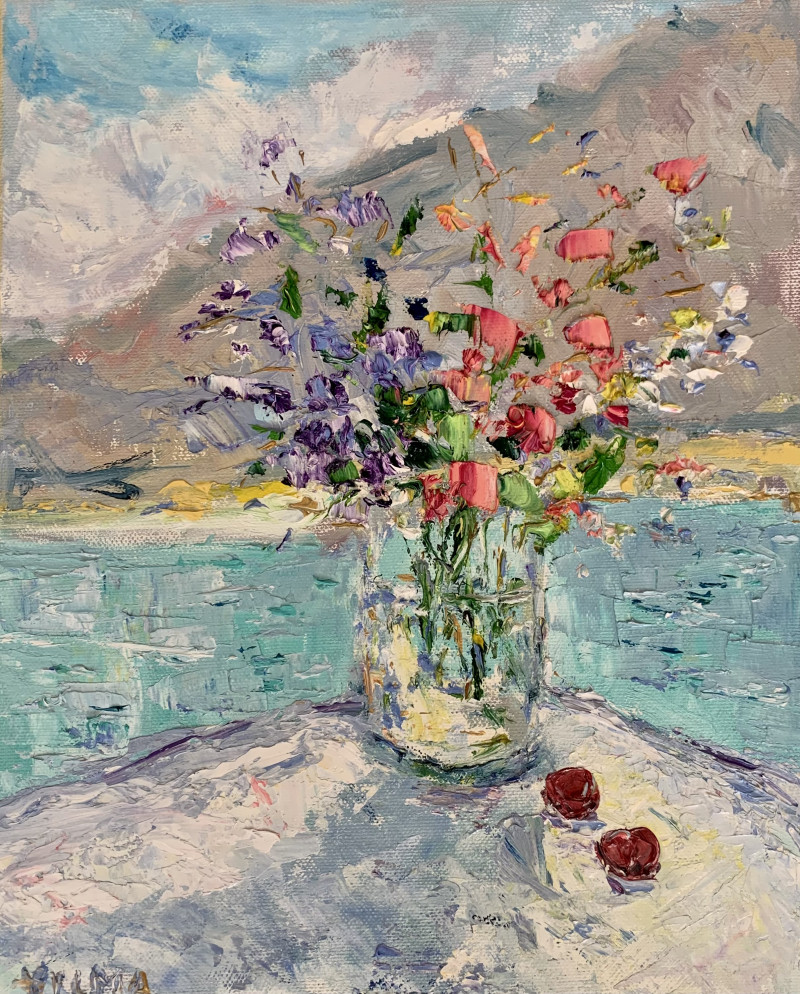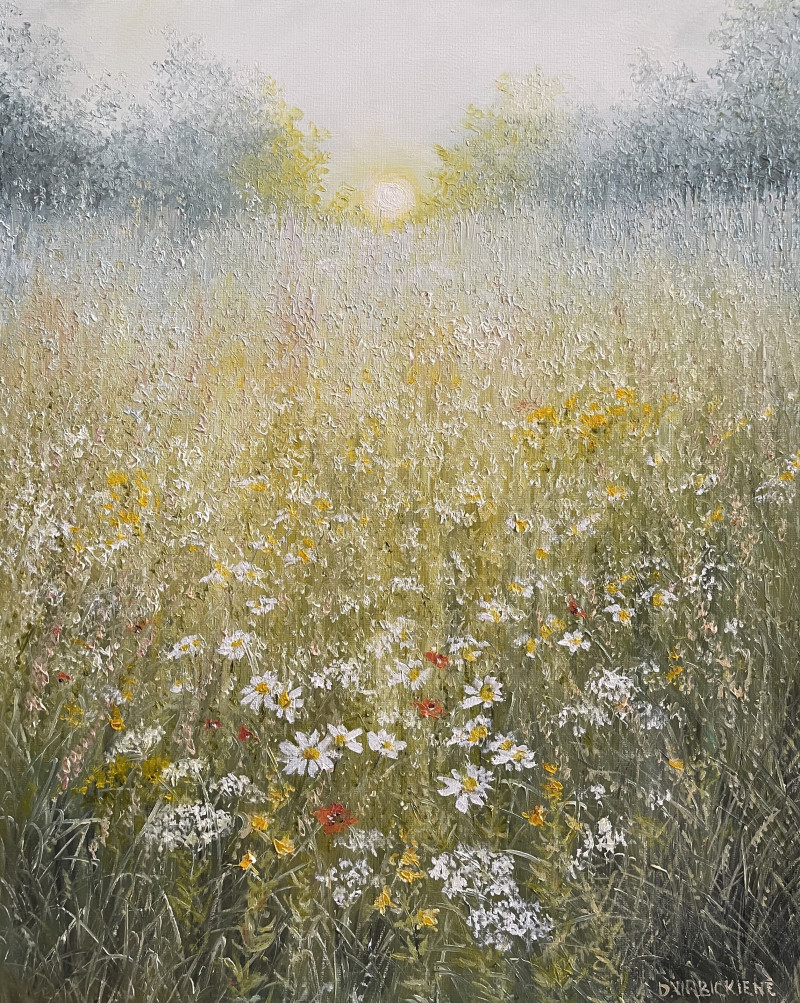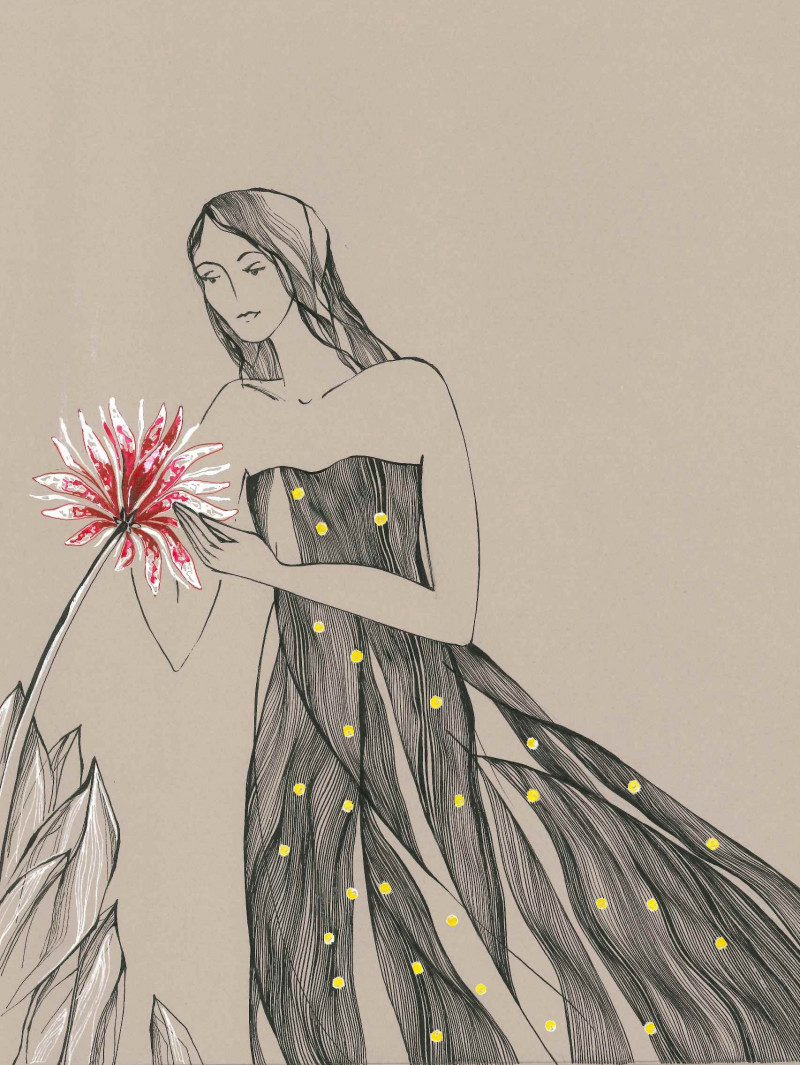Striped
Pay now or in 4 installments of 147,50 €
More about this artwork
Shipping
We offer worldwide shipping through TNT / FedEx couriers! For the European Union, expect delivery within 5-7 days right to your doorstep. Every package comes with a tracking number and full insurance for peace of mind. We have experience shipping to nearly every country in the EU, so don't hesitate to reach out if you have any inquiries!
For destinations outside the European Union, shipping typically takes around two weeks or slightly longer, depending on your location relative to Europe. Rest assured, all paintings are securely insured and sent in tracked packages. Please note that additional import taxes may apply for shipments outside the EU, and the recipient will be responsible for these charges. We've successfully shipped paintings to numerous countries worldwide. Should you have any questions, please feel free to contact us at any time!
Return
We gladly accept returns! Ensuring your satisfaction with your purchase is our top priority. You may return items within 30 days of receiving and delivering them. Moreover, understanding that the painting you acquire will likely remain with you for an extended period, we are open to accommodating most returns even beyond the 30-day window.
If you wish to return a painting, please reach out to us, and we will gladly assist you in determining the most efficient solution for shipping and managing the return process!
1cm = 14,5cm
View in Augmented Reality (AR)
Click the "View in AR" button to see how the selected artwork will look in your space using augmented reality! This feature currently works only with Apple devices and the Safari or Chrome browsers. The feature is being tested, so if you have any feedback, we would love to hear it!
Oil on canvas
Width: 70 cm
Paveikslas priskirtas rinktinių kūrinių kolekcijai "Meno kolekcionieriams".
Born in 1962 on March 11th in Tauragė. In 1988 graduated from Vilnius Art Academy, the faculty of fine arts.
Since 1990 has participated in various exhibitions. Has organized 21 personal exhibitions, the paintings have been exhibited in more than 100 group exhibitions. Her paintings are in private collections in Lithuania and abroad.
Since 2002 is the member of the Lithuanian Artist Association.
“She paints sensitively and likes to surprise.” This is how we usually describe the work of artist and art teacher Loreta Zdanavičienė. This time we encounter an unexpected collection of her paintings on old embroideries.
It all started back in 2002 when Loreta organized an exhibition, “Letters to the Past,” at the St. John’s Street Gallery, where she exhibited her first paintings on embroidered linens. In general, there is a sense of respect for the historical relic in all of her work, whether it is a recreation of a real object or a painting on the old object itself. On the other hand, she is always concerned with the recognizable form of things, especially if we look closely at the extremely realistic details of her still life drawings.
Plants, flowers, and patterned textiles are probably the favorite motifs of Loreta’s creative work. Thus, it is not surprising that she chooses to paint upon the embroidered handiworks with floral or geometric patterns that she finds or receives as gifts. Each embroidered fabric, whether a bedspread, tablecloth, napkin, pillow cover - is painted over beautifully, meticulously with great care and respect, preserving and highlighting the beauty of the old textiles. Often the authentic material scraps are sewn together to form the base of the painting, thereby reinforcing the impression that this heritage is significant.
The stories about the authentic embroidered “textiles” become a meaningful accent of this cycle of creative works. Loreta meticulously retains those stories in her memory and has written some of them down. By painting on old handmade fabrics, the artist seems to preserve the history of that object, continuing its life through her paintings. An authentic embroidered pattern or its fragment dictates the compositional structure and color scheme of Loreta’s paintings. In some cases, the artist subtly combines the ornamentations of the embroidery to create a unified, brightly colored or monochrome “carpet,” while in other cases she uses the contrasting rhythm of the embroidered pattern to extend the original combination of lines and shapes.
When looking at Loreta Zdanavičienė’s “Embroidered histories” I believe we will remember not only the sources of women’s creativity, and the tradition of girls amassing a dowry, but also our sutartinės, which the brides-to-be used to sing while embroidering. For me, this is like a unique metaphor whereby Loreta masterfully repeats the authentic embroidered patterns with her own “painting voice.”
“Singing sutartinės they embroidered cloth, I paint letters to them.
The wheel always spins around and everything returns to where it started.”
Art Historian Rita Mikučionytė
Lithuanian Artists’ Association Member

